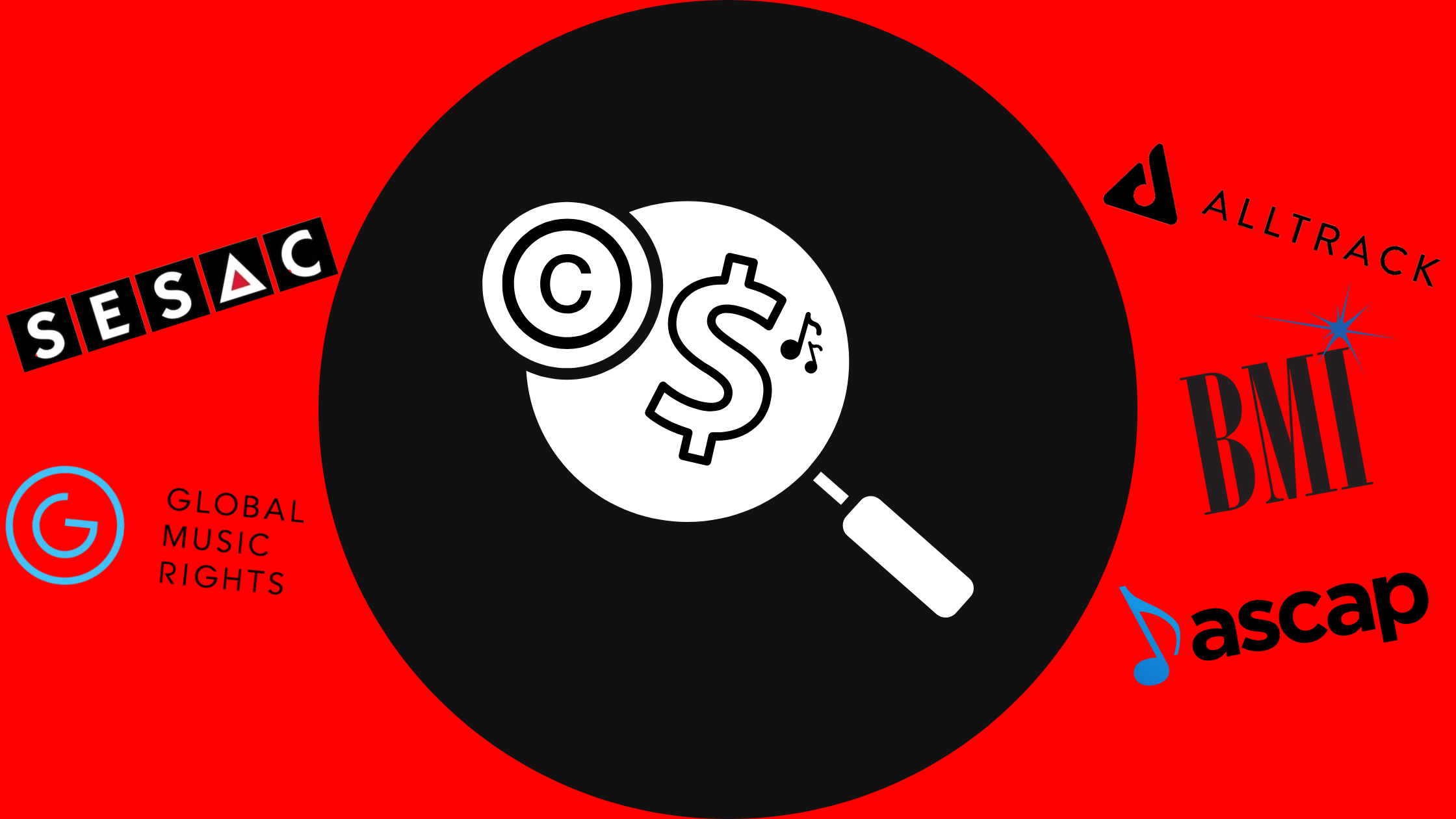
The US Copyright Office has launched an inquiry into the country’s performing rights organisations – BMI, ASCAP, SESAC, GMR and AllTrack – in response to concerns raised last year by members of the House Judiciary Committee in Congress.
The US is unusual in having five collecting societies that all separately license the performing rights in songs, each representing a different repertoire.
In many countries there is a single society able to issue a single licence covering pretty much all the songs that a licensee (like a broadcaster or venue, or a bar or restaurant) might want to use – for example, PRS in the UK or SACEM in France. In some other countries where there are multiple PROs, such as Brazil, there is a central organisation that actually deals with licensees.
For songwriters, having multiple societies to choose from in theory means there is competition in the marketplace and you should therefore get a better service. And newer PROs GMR and AllTrack both target their services at specific groups of songwriters. But, for licensees, it means you need five licences, with the increase in complexity that might result.
The total number of PROs in the US has increased over the years, with GMR launching in 2013 and AllTrack in 2019. The Copyright Office inquiry is particularly interested in the impact of that increase.
That includes “factors that may be contributing to the formation of new PROs”. It also wants to know if there has been an increase in “financial and administrative costs imposed on licensees” as a result of the increase in the number of societies, and seeks “recommendations on how to improve clarity and certainty for entities seeking to obtain licences from PROs to publicly perform musical works”.
The focus of the inquiry – and the focus of the members of Congress who initiated it – is so-called “general licensees”, which, the Copyright Office explains, is “an umbrella term referring to the hundreds of thousands of bars, restaurants, hotels, ice and roller skating rinks, theme parks and other ‘brick and mortar’ businesses” where music is played or performed in public. That said, some of the questions also relate to music venues and streaming services, but not broadcasters.
It’s the general licensees that seemingly complained to Congress members about the increase in the number of rights organisations in the US, and the fact that new organisations have popped up demanding that they be paid in addition to the big two American PROs, BMI and ASCAP.
Music usage is also hardest to track in bars, restaurants, hotels and their ilk, which obviously raises questions about how royalties are distributed to individual writers and publishers.
Royalty distribution by PROs is another facet of the inquiry, with the Copyright Office noting that Congressional representatives asked “how accurately lesser known and independent artists as well as smaller publishers are being compensated compared to widely popular artists and major publishers”.
The question of how collecting societies distribute royalties where usage data is incomplete or non-existent is a controversial issue everywhere, and lots of societies have been criticised over the lack of transparency regarding what policies they employ in this scenario.
The inquiry wants to know how the US PROs gather usage information from music venues and streaming services as well as general licensees. And “whether the manner in which the PROs gather information regarding public performances adversely impacts lesser-known artists and smaller publishers”.
It also wants to know about possible technical solutions that could address issues with royalty distribution, and how PROs go about communicating what repertoires they represent and what policies they employ for paying out royalties.
The outputs of the inquiry, the Copyright Office says, will ultimately “aid Congress’s consideration” of the issues raised by the House Judiciary Committee last year.
Whether that might result in new regulation isn’t clear. BMI and ASCAP are heavily regulated already, albeit by the US Department Of Justice. However, Congress members could consider more general copyright rules around PRO royalty distribution practices and transparency.
